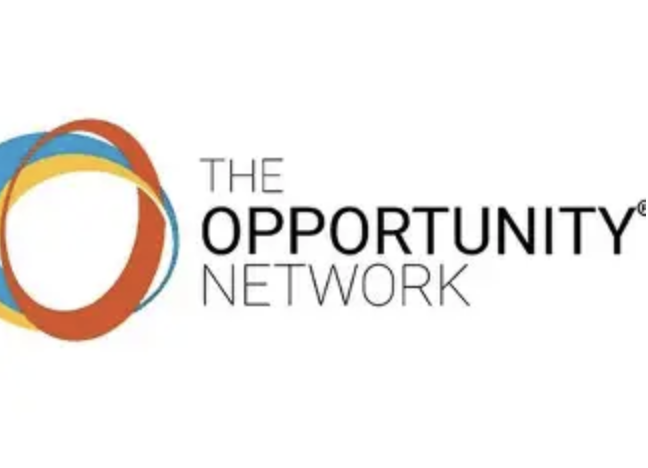In personal finance, many people misunderstand what financial literacy really means, particularly those who tend to spend a lot. For many years, the well-known saying "save money" has been the main focus of financial advice. However, it frequently ignores the more complex and detailed elements of managing wealth. For individuals with greater disposable income, focusing only on being frugal can actually slow down financial progress and prevent them from reaching their full financial potential.

The Fallacy of Extreme Frugality
Many people think that reducing every expense is crucial for achieving financial success. However, this mindset can prevent individuals from seizing opportunities, particularly those with high incomes. When too much attention is placed on saving small amounts daily, it becomes easy to overlook larger goals. For example, avoiding investment in professional growth or quality tools due to their cost may hinder career or business advancement, ultimately jeopardizing future earnings. The cost of skipping a small expense today may far exceed the short-term savings.
Additionally, being excessively frugal can negatively affect both quality of life and mental health. Those who spend more tend to enjoy comforts and experiences that boost their productivity and creativity. Denying oneself these benefits can lead to exhaustion and lower performance, which can in turn impact financial results. For instance, choosing a poor-quality hotel for a business trip to save money could make meetings less effective due to discomfort, possibly resulting in lost business opportunities.

The Power of Strategic Consumption
Instead of completely avoiding expenses, individuals with high incomes should concentrate on smart spending. This involves investing in products and experiences that offer lasting benefits and aid in personal or career development. For example, buying quality work clothes can improve one’s professional appearance and create new job prospects. Likewise, spending on a top-notch gym membership or a wellness program can enhance both physical and mental well-being, which may lead to greater efficiency and improved financial choices.Smart spending also includes experiences. Participating in industry conferences, networking gatherings, or upscale retreats can offer valuable connections and insights that are hard to measure by their immediate cost. Such experiences can result in new business collaborations, investment prospects, or creative ideas that significantly exceed the initial financial outlay. Those who spend generously should consider consumption as a way to gain resources, whether they be physical, intellectual, or social.
Shifting Focus to Wealth Creation
For individuals who tend to spend a lot, true financial literacy is about building wealth instead of just holding onto money. While saving is important, the key lies in how to make that saved money work effectively. This often means investing in a variety of assets, including stocks, real estate, and alternative items like art or collectibles. Wealthy individuals have the opportunity to take smart risks and spread their investments, potentially reaping substantial rewards over time.
Furthermore, innovative ventures and entrepreneurship present excellent opportunities for generating wealth. Those with higher incomes can leverage their financial resources and connections to launch businesses or support promising startups. This not only adds another income source but also gives individuals greater influence over their financial destinies. By shifting their perspective from merely saving to actively creating wealth, people can escape the "save money" mentality and attain broader financial success.

In summary, viewing financial literacy solely as "saving money" is a major misunderstanding, especially for those who spend more. By recognizing the limitations of extreme saving, adopting smart spending habits, and prioritizing wealth creation, high earners can cultivate a more thorough and effective financial strategy. This change in thinking is crucial for realizing true financial capabilities and achieving long-lasting financial success.


